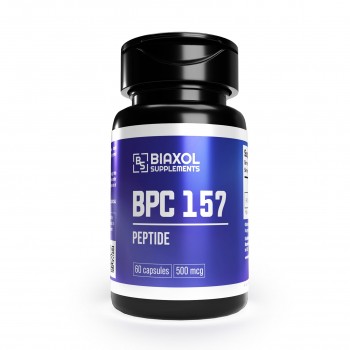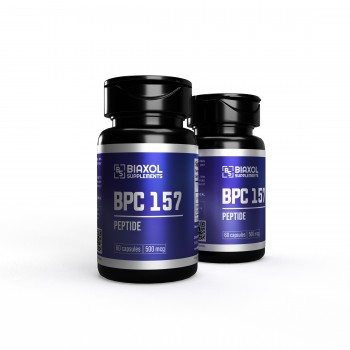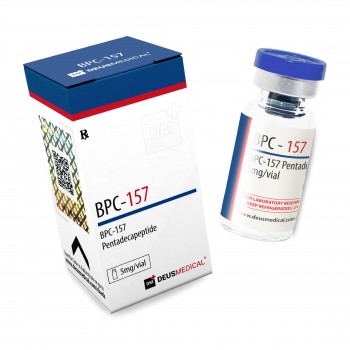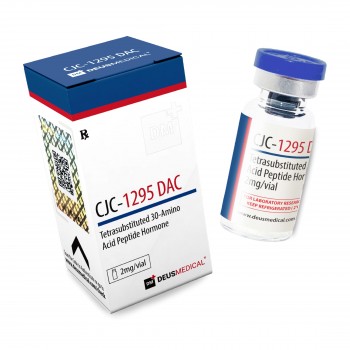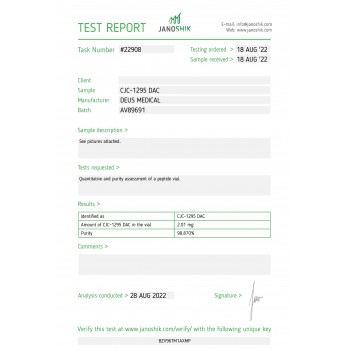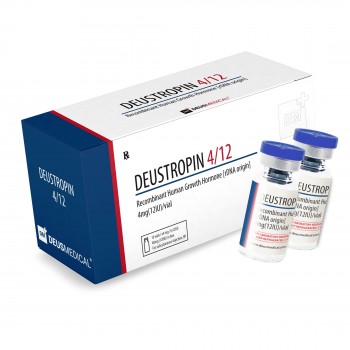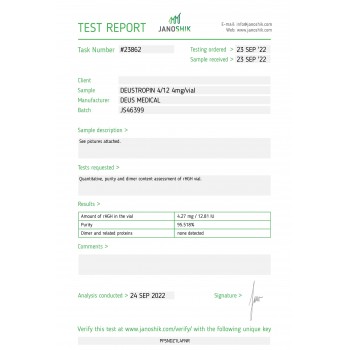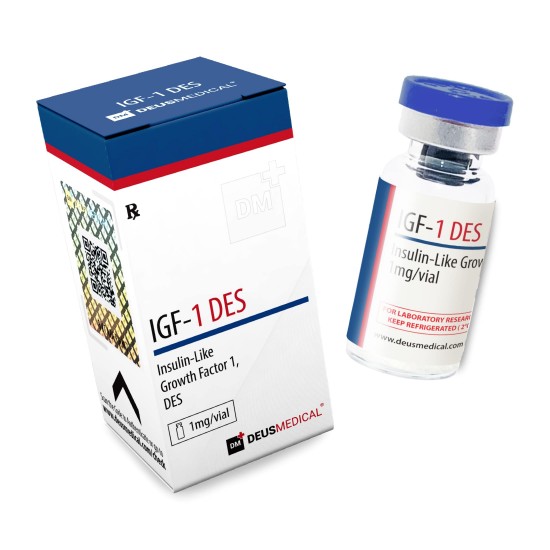
- Stock: Coming Soon
- Model: IGF-1 DES
DOSAGE
IGF-1 DES 1 mg/vial
PACKAGE CONTENT
1 Box of 1x Vial
WHAT IS IT
Insulin-Like Growth factor-1 is a naturally occurring form of IGF-1 (Insulin-like Growth Factor-1) and it is used in the treatment of growth failure in children and IGF-1 deficiency, or growth hormone deficiency.
As an analog of IGF-1, IGF-1 DES mediates the effect of growth hormone although it is more potent than IGF-1. It binds to the IGF1 receptor to promote growth in almost every part of the body.
It also signals several growth pathways that result in increased growth and it inhibits the pathway of cellular death. Naturally, growth hormone stimulates the release of IGF-1 from the liver. However, IGF-1 DES can act in the absence of growth hormone which makes it useful in treating growth hormone deficiency and resistance.
HOW TO USE
The usual dosage for men is 40-50 mcg/day for men and 10-20 mcg/day for women. For more detailed information about dosages please contact your personal healthcare specialist.
STORAGE
Store in a cool, dry place below 30°C. Protect from light. Do not freeze.


